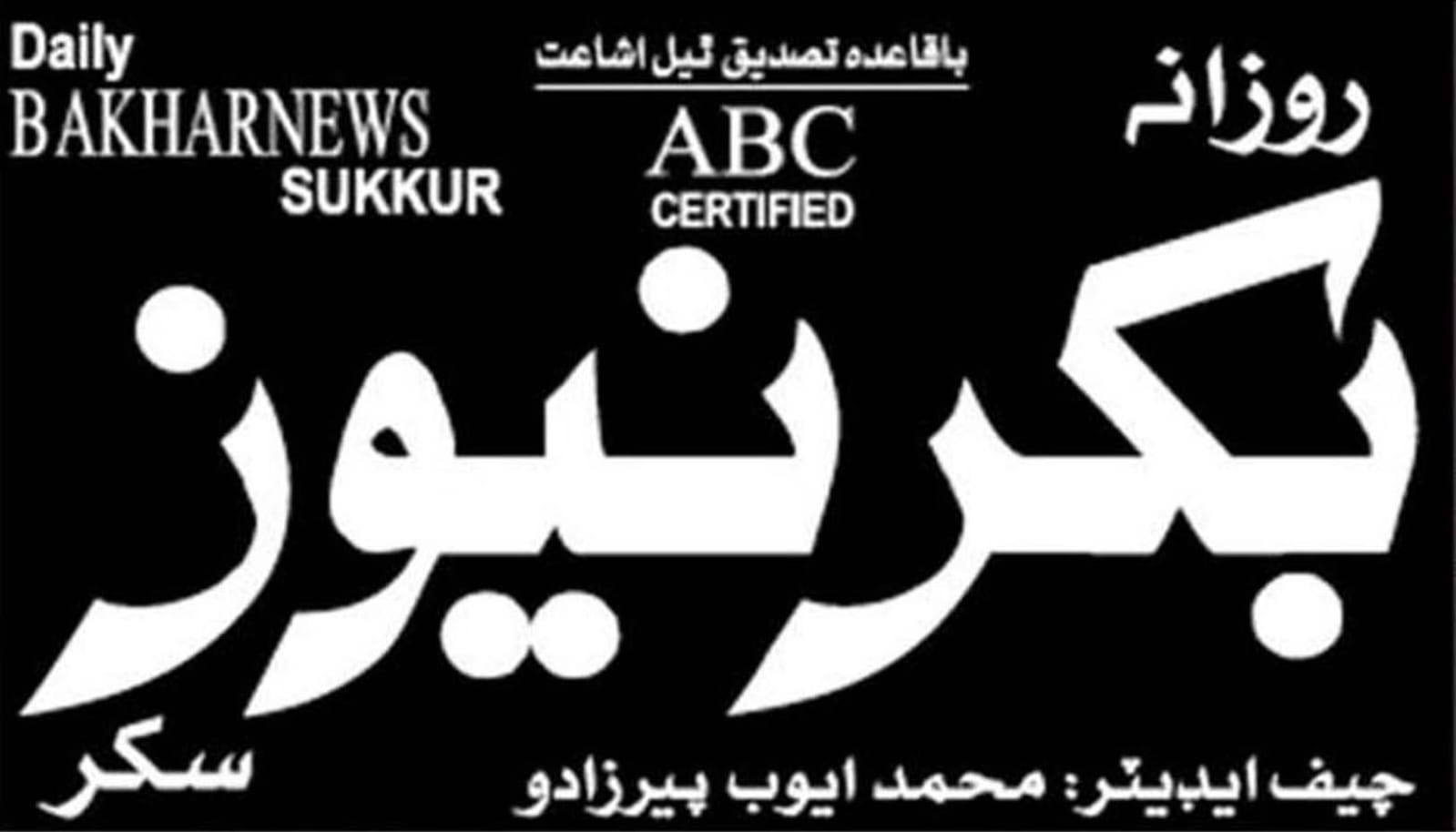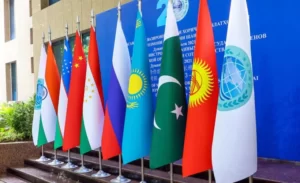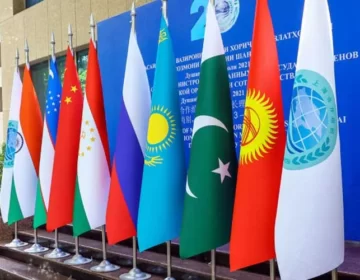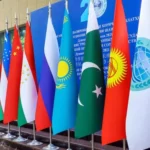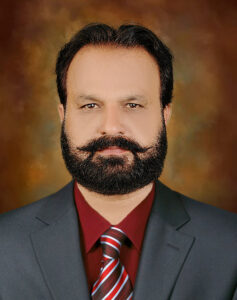
Report: Muhammad Ayub
UN Security Council granted a 12-month extension for the Multinational Security Support (MSS) mission in Haiti.
The mission was approved last October to support Haiti’s struggling police force. Led by Kenya, it currently includes about 410 police officers on the ground, with plans to expand to roughly 2,500. Meanwhile, the country remains in deep crisis.
The renewal of the mission aims to tackle widespread gang violence, create a safe environment for aid distribution, and establish conditions for free and fair elections.
In a unanimous vote on resolution 2751, the 15-member Council encouraged the MSS mission to expedite its deployment and called on all countries to offer additional voluntary support.
The resolution also reaffirmed that the UN Secretary-General could provide logistical assistance to the mission if requested, contingent upon full financial reimbursement through available voluntary contributions and adherence to the UN Human Rights Due Diligence Policy.
Haiti’s transitional President Edgard Leblanc Fils spoke at the UN General Assembly, highlighting the “unprecedented security crisis” facing his country.
“People are afraid to move freely or attend school, especially in the capital, Port-au-Prince,” he stated during the Assembly’s high-level debate, emphasizing the need for ongoing UN assistance.
The escalating violence has exacerbated humanitarian needs throughout Haiti, with over half of the population now categorized as experiencing “acute levels of hunger,” according to the latest IPC analysis, which monitors malnutrition and food insecurity globally.
U.S. Ambassador and Permanent Representative Linda Thomas-Greenfield underscored the strong message of support from the international community for the people of Haiti.
“The world stands with you, and we remain committed to helping restore security and stability, guiding the country toward peace and prosperity,” she stated.
She reiterated President Leblanc’s appeal for ensuring long-term sustainability and urged the international community to build on the progress made by the mission thus far.
“Let’s collaborate to enhance the achievements of the Haiti MSS mission. Let’s adopt a new approach that ensures its continuity. Together, we can safeguard the fragile yet inspiring opportunity to create a better future for the Haitian people,”
Antonio Rodrigue, Ambassador and Permanent Representative of Haiti—currently not a member of the Council—expressed support for the extension but emphasized the necessity of transitioning it into a full UN peacekeeping operation.
He noted that the mission has “proven effective in key areas, particularly in restoring security in regions once dominated by armed gangs.” However, he warned that there are still significant challenges ahead.
Gang violence continues to disrupt the social fabric, leading to widespread rights violations and distress for countless families. He pointed out that, despite an arms embargo, gangs still manage to acquire weapons and ammunition.
The Haitian Ambassador highlighted the urgent need for increased financial support and reinforcements for the mission, reiterating that transforming it into a peacekeeping operation is “not only necessary but also urgent.”
Kenya’s Ambassador to the UN, Erastus Lokaale, discussed President William Ruto’s recent trip to Haiti, where he observed the Haitian people’s resolve to overcome the various crises they face.
He noted that the mission has made some initial progress in partnership with the Haitian National Police (HNP), helping to establish a foundation for further advancements, such as securing the airport and other critical infrastructure.
“With the renewed mandate, the mission is ready to create the conditions necessary for Haitian authorities to secure their nation and embark on social and economic reconstruction,” he stated.
However, for this to occur, he emphasized that the MSS mission must quickly reach its goal of fully deploying the planned 2,500 personnel, increasing from the current 410 officers, as well as obtaining “substantial resources.”

